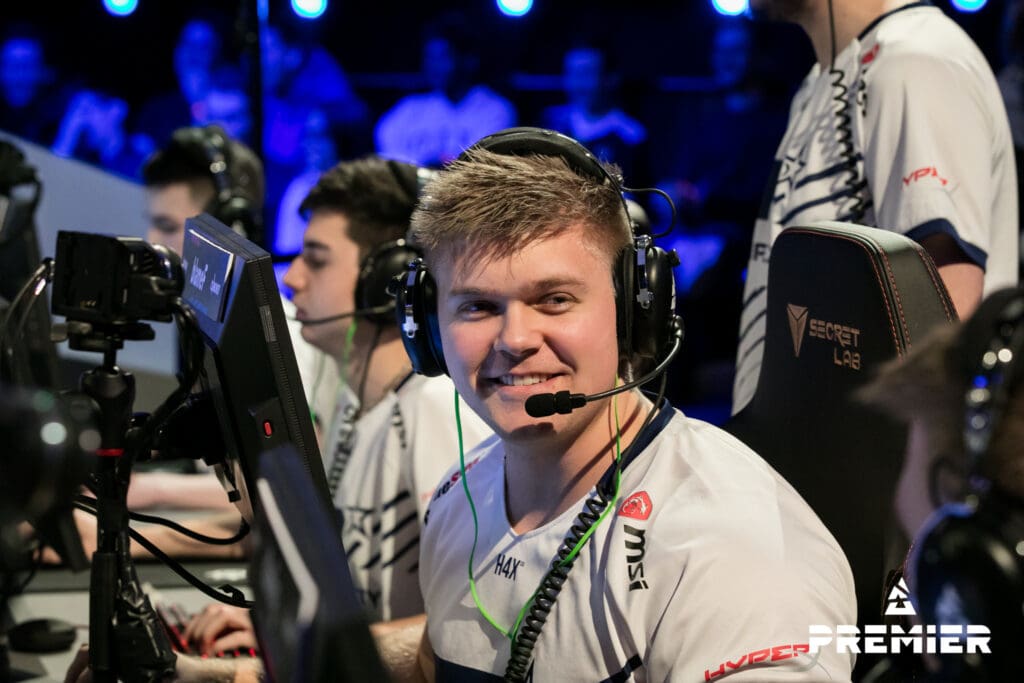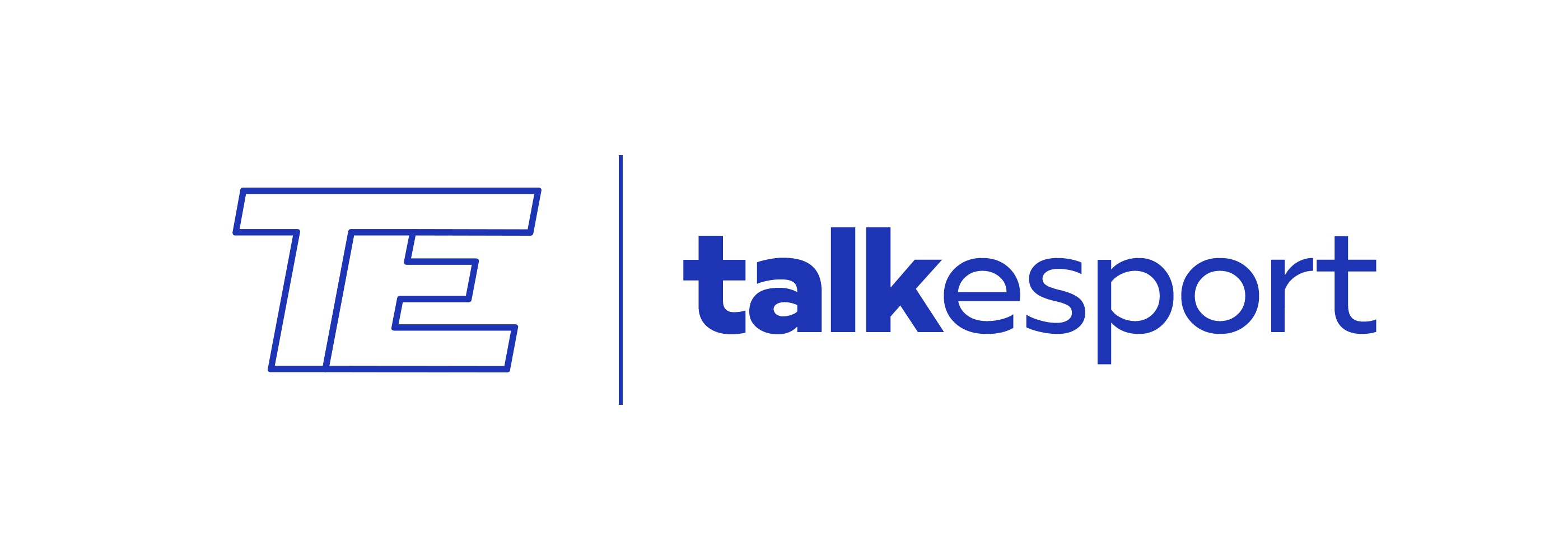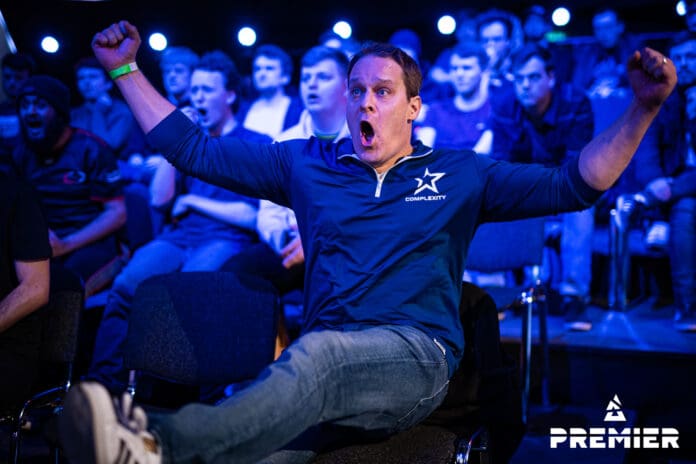Scene: Complexity have just been eliminated from the Starladder Berlin Major 2019 Main Qualifiers with a 1-3 record after a 2-0 result against Grayhound. Jason BW Lake takes to Twitter to react to his team’s dismal showing in the Main Qualifiers while sounding out all potential players interested in joining Complexity as he aims to build a ‘Juggernaut’.
The tweet that has now become a famous meme among personalities in the esports scene caused a bit of backlash, with many stating that Jason should have taken his current players into consideration and maybe changed the language of the tweet. But, Lake responded to it as well, stating that his players knew of his feelings. What followed was a series of reports linking Complexity to players, including the now OG stack.
In the aftermath, only one player was retained from the Complexity lineup that had disappointed in Berlin, a 16-year-old Owen ‘oBo’ Schlatter. One of the first recruits was Benjamin ‘blameF’ Bremer, who had proven himself to be an IGL with immense individual firepower at Heroic.
Cloud9 star William ‘RUSH’ Wierzba was announced soon after. Although the 25-year-old was a Major winner, RUSH arrived at Complexity on the back of a series of inconsistent performances both individually and otherwise at Cloud9. RUSH’s addition only added weightage to the meme factor of the Juggernaut tweet.
It was only after Complexity announced the additions of Kristian ‘k0nfig’ Wienecke and Valentin ‘poizon’ Vasilev that people started paying attention to what Jason BW Lake was trying to build, if only a little bit. Still, questions remained over k0nfig, who had failed to convert his potential so far after a bright start to his professional career and while poizon had all the attributes to emulate his compatriot Tsvetelin ‘Cerq’ Dimitrov’s exploits in North America, people wondered if poizon would take a similar amount of time and whether Complexity would be patient enough with the youngster.
As we entered the new decade, Complexity’s mantle was about to be put to the test in the IEM Katowice 2020 North American Qualifier. Back to Back wins over Gen.G and Chaos showed promise. But, consecutive defeats against Cloud9 and mibr saw the dreams of their first conquest crash and burn.
DreamHack Open Leipzig 2020 Qualifiers went better, with Complexity nailing a spot at the event. But, one could say the level of competition at the said Qualifier almost meant Complexity had to win.

ESL One Rio 2020 Open Qualifiers was the next hurdle and Complexity had to go through the gruesome European region. They came close the first time, only to fall to BIG in the decider. The 10-16 defeat to PACT in the Second Minor though, raised quite a few questions on Complexity’s lineup to even be competitive at a good level, let alone become a Juggernaut.
Quietly, Complexity arrived at BLAST Premier London, ready to face three of the best teams in the Counter Strike scene – Astralis, Natus Vincere and Vitality. While many would have expected Complexity to be able to compete on the server on an individual level, no one envisaged what was to come from the North American organisation.
The opener against Astralis started with ominous signs of a rout as the Danes lead 5-0 on Dust2, which was Complexity’s pick. Soon enough, the plan was clear. Complexity targeted Mid control and the A site. The map showed concrete evidence of anti-stratting Astralis and focus on executes, which was clear by the fact that Complexity converted 14 of their 19 full-buy rounds compared to Astralis, who found success in only 50% of them (9 of 18).
Vertigo painted a similar picture and by the time people realised, Complexity had just 2-0’ed arguably the best team in CSGO history. Coming up, a match against a Vitality team that were in many ways very different from the Danes. While Astralis were more about teamplay, Vitality relied heavily on Mathieu ‘ZyWoO’ Herbaut and most of their strategies were made to enable the youngster who had been adjudged the best player of 2019 by HLTV.
Another good anti-stratting job from blameF & co. and Complexity had just secured their place at Blast Premier Spring Finals. Alex ‘ALEX’ McMeekin threw some shade towards Complexity stating that their playstyle wasn’t sustainable and it was more like a ‘honeymoon period’. But, a closer inspection states otherwise. While we can agree on the fact that relying on anti-stratting heavily is not a good strategy every time, Complexity were much more than that. They had solid defaults and a definite strategy to go about things on the CT side.
Obviously, they were to fall against a Natus Vincere side who seem well on their way to somehow mix Vitality’s individual reliance, in this case on Aleksandr ‘s1mple’ Kostyliev with the buddy system that Cloud9 had championed and the executes inspired by Astralis.
But, even then, Complexity showed glimpses of why they are more than just a concoction of players running around shooting heads. They engineered mini comebacks on both Train and Mirage before Natus Vincere closed out both maps.
Complexity nailed down 25,000 USD, a place in the Blast Premier Spring Finals and a huge confidence boost ahead of a crucial 4th and the last European Minor Open Qualifier for ESL One Rio 2020.
But, they will take more than that; experience against the best of teams having also learned that they are going down the right path. The level of preparation they showed at BLAST Premier Spring Series shows an inherent desire to do better. They may not be a Juggernaut and they might not become a Juggernaut in the future. It is safe to say though, that Complexity is far from a meme right now, thanks to their performances at Blast Premier London.
The journey from Meme to Juggernaut might be a long and tiring one. But, they have just taken a definitive first step. It will now be important to register their spot at the EU Minor Closed Qualifier; for not doing so will be like taking two steps back. The odds though, now seem to be in favour of this lineup, more so than at any other time.


